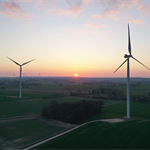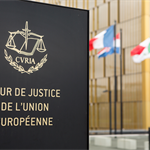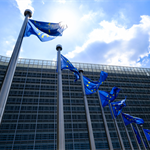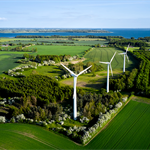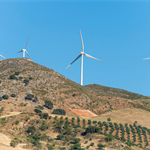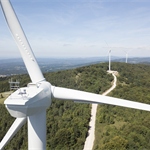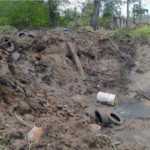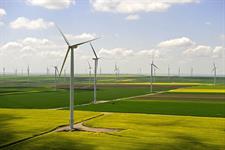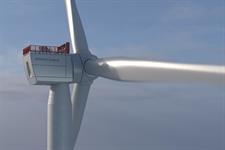RepowerEU: Member states resist higher renewables target
Energy Disrupter

EU energy ministers reached an agreement on Monday (19 December) for a general approach on the commission’s proposal for an additional update to the Renewable Energy Directive (RED), as part of its RepowerEU plan aimed at cutting the bloc’s reliance on Russian gas following the outbreak of the Ukraine war.
The agreement between member states maintains the 2030 renewables target of 40%, as set out in their June position on the commission’s pre-war reform proposal of RED that was unveiled last year as part of the Fit for 55 package. In May this year, the EU executive proposed to raise the target to 45% in its RepowerEU plan.
“This agreement is an important addition to the ongoing work on the Renewable Energy Directive [with] faster permitting in areas that can yield the best results,” Jozef Síkela, Czech industry and trade minister, said in a statement. “This is the best way of becoming independent of Russian energy, and it will also contribute considerably to our climate goals.”
The EU Council’s failure to ramp up ambition on the 2030 renewables target was dryly noted by energy commissioner Kadri Simson. “Of course, the commission’s initial proposal was significantly more ambitious,” Simson told reporters in Brussels on Monday evening.
“We do see that there is a chance to achieve a higher renewables target than 40[%] and I expressed… my hope [at the ministerial meeting] that member states will be flexible [in] negotiations with co-legislators [to] return to the higher target,” she added.
Seda Orhan, renewables campaigner at green group Climate Action Network Europe, also warned in a statement ahead of Monday’s meeting that the lower 2030 target undermines the EU’s commitment to transition away from natural gas. “The public demand for a renewable-based energy system is there, it is now time for EU policy makers and national ministers to follow suit,” she added.
Ministers agreed to maintain the commission’s proposed one-year deadline for permitting decisions on renewables in so-called go-to areas, and two years for non-priority areas. However, national capitals extended the deadline to two years for offshore renewable projects in priority areas and three years if the project is not in a go-to area.
Last week, the European Parliament set out its negotiating position on the additional RepowerEU amendments to RED, with a shortened nine-month deadline for permitting decisions, but lawmakers did not go beyond the 45% renewables target for 2030 agreed in September.
The go-to areas would have to be designated in member states plans within two-and-a-half years after the proposed RED reform enters into force, under the Council’s position, and the construction of renewables within those areas would be deemed of overriding public interest.
Member states also added a caveat to allow the exclusion of biomass combustion and hydropower plants from priority areas.
As a part of another agreement on Monday – on acontroversial price cap for gas – ministers also rubber stamped a separate emergency regulation aimed at speeding up permitting for renewables ahead of a final agreement between co-legislators on the reformed RED. The emergency legislation was tentatively agreed in November, but held up in talks on a price cap.
This story first appeared on our sister website endseurope.com


